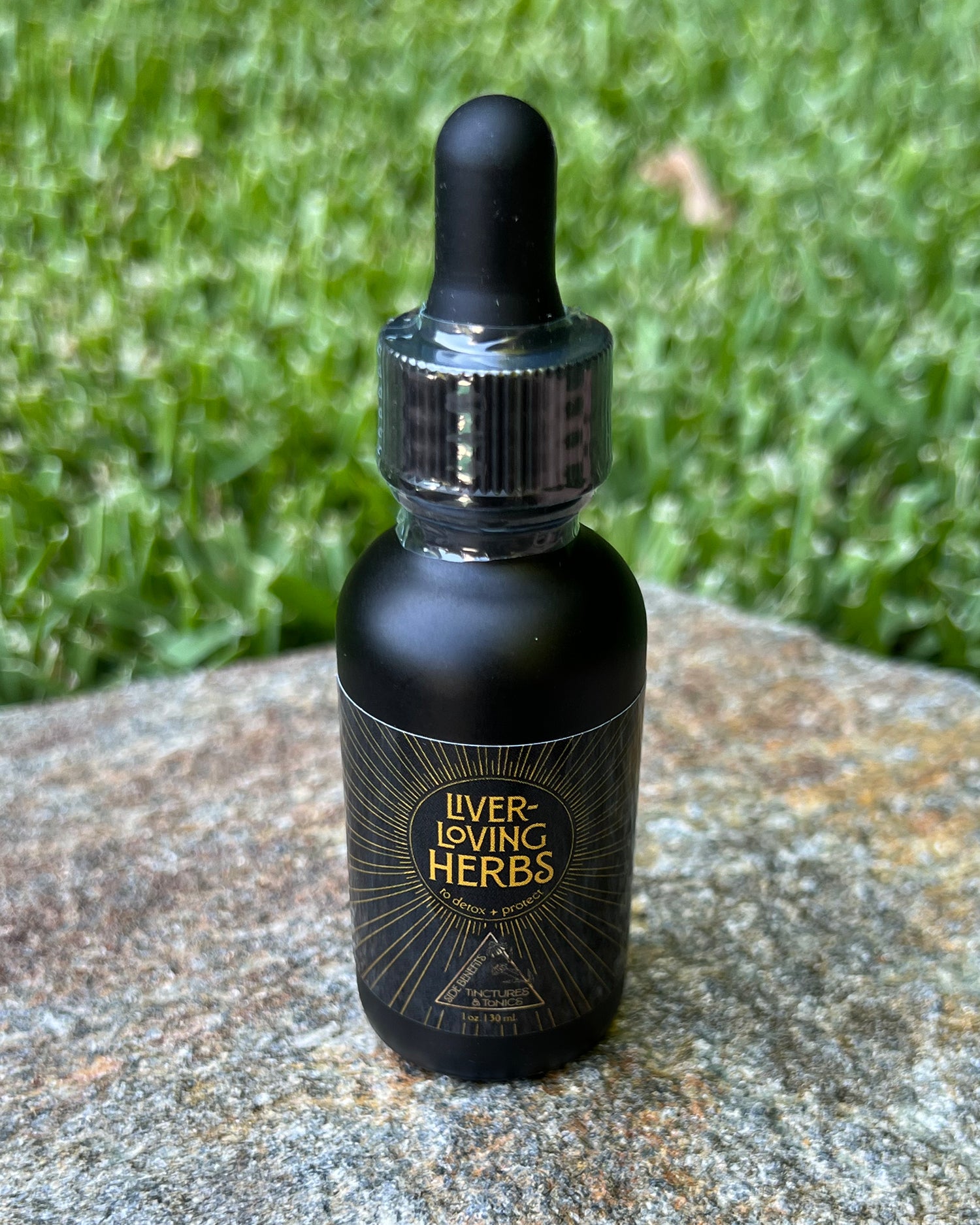Hormones. What are they and how are they made?
Hormones are how our organs and glands communicate (aka chemical messengers) with each other and they are involved in nearly every bodily function. To make hormones, you need to consume healthy fats such as butter, ghee, coconut oil, avocado oil, olive oil, duck fat, etc. Cholesterol is the mother of all hormones (or grandmother, really). It’s the precursor to vitamin D and to all sex and steroid hormones. The hormone cascade functions optimally when we consume adequate amounts of vitamin A (retinol) from bio-available sources like cod liver, pasture-raised eggs, grass-fed butter, and liver from sustainably-raised animals fed a species-appropriate diet. And synthesizing these hormones depends on your body’s ability to emulsify these fats. Emulsifying fats depends on proper digestive function. But before we get into how digestion (gut health) plays a role in hormone balance, let’s go over a few of the more commonly known hormones.
Progesterone
Progesterone is a precursor to estrogen, testosterone and cortisol and it begins to decline in the early 40s (perimenopause). Progesterone is your happy sex hormone. It is responsible for sustaining the luteal phase (2nd half) of your cycle and its main role is to prepare the uterus for either pregnancy or stimulate menstruation. Progesterone helps women become pregnant and stay pregnant full-term, it supports libido, produces a calming feeling that reduces anxiety and mood swings, and it is incredibly important for regulating the female cycle. Estrogen and progesterone balance each other out but without the progesterone spike resulting from ovulation, the body feels like it has high estrogen (breast tenderness, heavy clotting, more bleeding). Low progesterone levels lead to moodiness, sleep issues, water retention, cramping and other PMS symptoms, fibroids or endometriosis, and hot flashes in perimenopausal women. The driving factors that contribute to insufficient progesterone production include: poor diet (blood sugar imbalance), chronic stress (HPA-axis dysregulation) and excessive, long-term xenobiotic exposure (the build-up of environmental toxins in the liver leads to sex hormone imbalance).
Estrogen
This is a powerful sex hormone. Any estrogen imbalance, meaning too much or too little of this hormone, can often affect quality of life. For women, this can manifest as painful periods, depression, stubborn weight, fatigue — all draining her of her ability to maintain an optimally healthy and happy lifestyle. Various lifestyle and environmental factors can influence estrogen production, metabolism, and balance. These include poor diet, weight gain, excess alcohol consumption, prescription & OTC medications, life stages (such as perimenopause), and overexposure to environmental toxins. Genetics are also at play.
Cortisol
Cortisol is a hormone made in the adrenal glands and controlled by the hypothalamus, pituitary gland, and the adrenals (HPA axis). Cortisol, aka “the stress hormone” fluctuates throughout the day, but unless you are a night-shift worker, it is generally high in the morning and low in the evening. Cortisol isn’t all bad–it’s also our “survival hormone.” It helps maintain our emotional stability, it enhances our immune system, it’s anti-inflammatory, it helps regulate our energy and improves our digestion. It also affects blood sugar regulation, metabolism, sleep cycles and sex hormone production (or lack thereof). Problems arise when cortisol is out of balance.
An imbalance of cortisol can directly impact your sex hormones like progesterone, testosterone, and estrogen. This can cause symptoms like weight issues, headaches, mood changes, anxiety, and sleep issues. You’ll often feel tired late at night but also wired. Then when you wake up, you’re dragging big time. When levels are chronically imbalanced like this, your morning coffee habit is one factor which can negatively impact ovulation, weight and hormonal balance. Studies also show that consuming caffeine when cortisol is high can actually cause you to produce more cortisol.
Melatonin
This hormone is primarily secreted by the pineal gland and it’s the chemical known to dictate our sleep-wake cycle, mood, immune function and circadian rhythms and the quality and quantity of our sleep. Melatonin is known as an anti-aging and anti-stress agent because it both suppresses cortisol and is a powerful antioxidant. The production of melatonin is activated by darkness and inhibited by light. Once released, melatonin circulates through the brain via the cerebral spinal fluid (CSF) and enters nearby blood vessels for distribution to the rest of the body. When melatonin levels are disrupted, people can experience mood swings, depression, seasonal disorders, exhaustion and rapid aging.

Key components for hormone balance
| Morning sunshine exposure: Aim to get outside and expose yourself to light in the first 30 minutes of waking up to regulate cortisol levels, support your immune system and promote healthier sleep cycles. | Have go-to methods for managing stress: Probably one of the most important aspects of hormone balance because it has an impact on everything else. Stress is unavoidable for the most part, so have some go-to methods for dealing with it such as deep breathing, meditation, journaling, grounding (walking barefoot outside), or a regular yoga practice. |
| Sleep hygiene: Sleep issues and high stress often go hand-in-hand as sleep deprivation drives up cortisol (which also drives up blood sugar). Set up a nighttime routine to power down beginning at least one hour before you go to bed to signal your system that it is time to rest. Keep TV and all devices out of the bedroom – they can stimulate you with blue light and keep you awake. Instead, keep lights dim, and settle into your cozy, pitch-black lair designed just for sleeping and sex. | Proper digestive functionality: Nutrient deficiencies occur with low stomach acid (HCl), causing cortisol levels to rise and depleting adrenals. Chronic stress further decreases digestive functionality by weakening the tight cellular junctions that line the gut contributing to chronic inflammation. Free-flowing bile is key for drainage through the gut, so if you're regularly constipated, you might have an overgrowth of opportunistic bacteria (which can wreak havoc on your ability to eliminate excess estrogen. And when estrogens sit in the GI tract, they can be deconjugated (via excess b-glucuronidase) and recirculated into the bloodstream. This accumulation of estrogen can cause headaches, heavy periods, PMS, and estrogen dominance. Be sure you’re getting enough fiber in your diet to help regulate digestion. |
| Helpful nutrients: B-vitamins, vitamin C, and magnesium are some of the nutrients that are depleted when we are stressed, so they require replenishment to help support our adrenal glands, ensure proper HPA-axis functionality, and produce adequate, balanced energy. | Proper nutrition: Eating enough food (a balance of protein, fat and fiber) is important because when you don’t, your body thinks you are running from a tiger and shuts down your reproductive system, slows your thyroid, and begins to pump out cortisol so you can run from this stressor. |
| Reduce environmental toxins: Reducing your exposure key for hormonal balance. Sometimes this is out of your control (living in a city) so just focus on what you can control such as removing unnaturally scented items (candles, perfumes, laundry soaps, etc.) from your house, swapping out unnatural body products for higher-quality and less harmful brands, and drinking more from glass bottles (or stainless-steel water bottles) and less from plastic. | Incorporate adaptogens: Adaptogens, such as Ashwagandha, Ginseng, Reishi, Cordyceps, Rhodiola, Schisandra + Holy Basil act upon the central nervous system to enhance the actions of neurotransmitters such as norepinephrine, dopamine + serotonin. Taken daily, adaptogens can support healthy cortisol release, but just like supplements, no one needs to take every adaptogen out there. It’s important to look at which adaptogen might be best at supporting your particular issue, and choose from those options. |
| Movement: Moving your body for at least 20 minutes per day (in a way you enjoy) is great for hormones and helps stave off depression. This could be walking around the block, practicing yoga, doing Pilates, strength training, dancing around the kitchen, taking a spin class––there are so many options! The key here is to not over-exercise which places more stress on the body. | Give your liver some love: One of the liver’s main jobs is to detoxify excess hormones. Help it out by sipping dandelion root tea, eating beets and raw carrots, incorporating a milk thistle tincture or capsule, and eating all of the cruciferous veggies (get that sulforaphane in!). |
Give your liver some love: One of the liver’s main jobs is to detoxify excess hormones. Help it out by sipping dandelion root tea, eating beets and raw carrots, incorporating a milk thistle tincture or capsule, and eating all of the cruciferous veggies (get that sulforaphane in!).
There are many things that create hormone imbalances such as eating a high-sugar, refined carbohydrate diet, excessive caffeine, exposure to toxins, lack of exercise, gut dysbiosis, food sensitivities and, while I know you don’t want to hear it, alcohol also contributes to problems because it prevents the liver from excreting excess estrogen. When it comes to hormone balance, it is important to understand the impact they all have on each other, therefore if one is off, it can cause imbalances downstream. Stress––in all its forms––is a major factor that creates imbalances among all hormones.
Let’s start with cortisol
When cortisol is being properly managed, insulin is lower and more balanced. When insulin is in balance you have more satiety and less cravings (thanks to leptin), which creates healthier thyroid hormones. When all of these are in balance, estrogen, progesterone and testosterone will fall in-line as a result. One tool I utilize in my nutritional therapy practice to help you discover the causes of cortisol imbalance––and five other hormones–– is the Adrenal Stress Panel by DiagnosTechs which tests your saliva collected over 24 hours. This simple, inexpensive functional wellness test provides more complete measurements and a deeper context for your hormone levels than standard serum and urine testing.
Some conditions that warrant adrenal testing include:
- Chronic stress and stress-related health conditions
- Fatigue or lack of energy
- Anxiety or depression
- Irritability or mood swings
- Insomnia, sleep disturbances or difficulty waking
- Difficulty losing weight
- Poor memory or brain fog
- Muscle and joint pain or weakness
- Easy bruising or excessive stretch marks
- Hypertension
Work with me
By assessing your adrenal glands with an Adrenal Stress Panel, we are able to investigate root causes of symptoms you may be experiencing and address them with simple lifestyle changes to reduce overall stress without going “overboard” with unnecessary supplementation that could tip the delicate balance of hormones in another direction. Testing your hormone-levels is something you can do right now to improve your health for tomorrow. Think your hormones are imbalanced? Contact me today.






